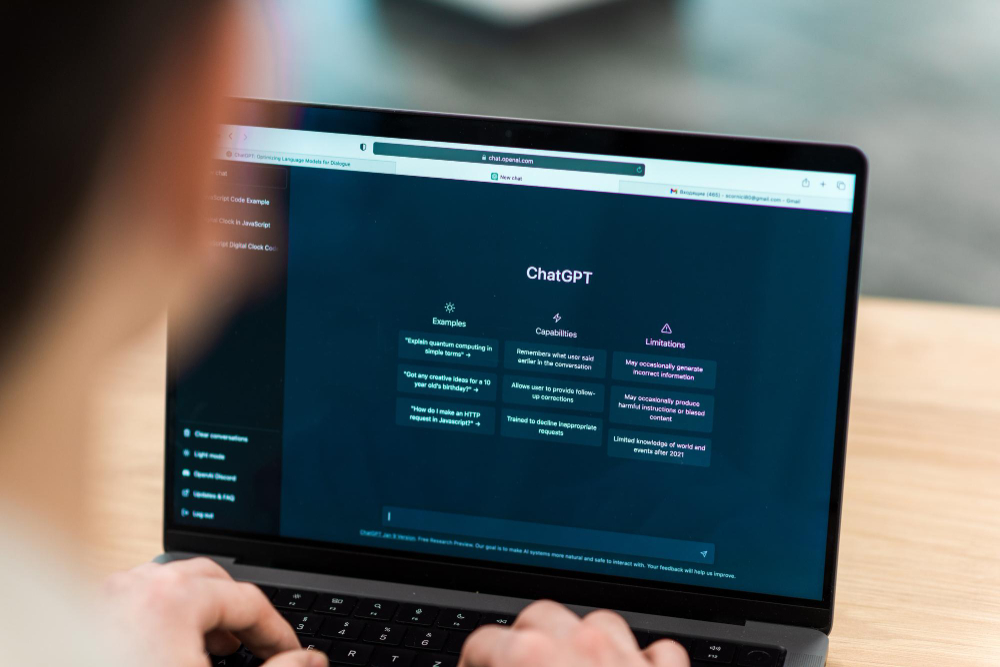Table of Contents
In the dynamic realm of education, leadership isn't just about directives; it's about empathy-driven guidance that resonates across diverse stakeholders.
Imagine a digital landscape where students, teachers, parents, and administrators seamlessly collaborate, propelled by a shared vision of excellence.
This article delves into the crux of empathetic and effective educational leadership, unveiling the keys to navigating this transformative journey. Together, we'll explore the powerful tools at our disposal, fostering an inclusive and supportive community dedicated to educational advancement.
The Essence of Empathetic Leadership
Empathetic leadership isn't just a buzzword; it's a guiding principle rooted in understanding and compassion. It's about listening intently, stepping into others' shoes, and leading with heart.
Characteristics such as active listening, emotional intelligence, and genuine concern for others define this transformative style of leadership.
In today’s emotionally charged environment of education, empathy is not a luxury but a necessity. It's the glue that binds together diverse stakeholders, fostering a sense of belonging and understanding.
Furthermore, trust and collaboration are the cornerstones of any successful educational community, and empathy serves as the catalyst for building and sustaining these vital elements.
When leaders demonstrate empathy, they create a safe space for open dialogue, vulnerability, and mutual respect. This, in turn, fosters trust among stakeholders, paving the way for meaningful collaboration, innovation, and collective achievement.
Effective Management Strategies
Setting Specific Objectives: Clear goals and expectations serve as the North Star guiding the educational journey. By articulating objectives and defining expectations for all stakeholders, leaders create a roadmap for success. Clarity breeds focus, motivation, and alignment, empowering individuals to work towards common goals with purpose and determination.
Effective Communication: Effective communication is more critical than ever. Leaders must harness the power of digital tools to facilitate transparent, timely, and meaningful communication. Whether through email, video conferencing, or collaborative platforms, fostering open channels of communication fosters trust, enhances collaboration, and ensures that everyone is on the same page.
Effective Time Management: Time is a precious resource, especially for educational leaders juggling multiple responsibilities. Effective time management techniques empower leaders to prioritize tasks, delegate responsibilities, and maximize productivity.
Whether through goal-setting, task batching, or leveraging technology to streamline workflows, mastering time management enables leaders to focus their energy on what truly matters: driving positive change and inspiring growth within the educational community.
Digital Tools for Empathetic and Effective Management
Communication Platforms
Communication platforms like EdTools.io, Slack, Microsoft Teams, and Zoom serve as lifelines, enabling seamless interaction between stakeholders regardless of location or time zone. These tools facilitate real-time messaging, video conferencing, and file sharing, fostering collaboration and connectivity.
As indicated earlier, strategies for fostering open and transparent communication include establishing clear communication norms, encouraging active participation, and creating safe spaces for sharing ideas and feedback.
By promoting transparency and accessibility, leaders cultivate a culture of trust and inclusivity within the educational community.
Project Management Tools
Project management platforms such as Savvy Planner, Trello, and Asana provide educators with centralized hubs for organizing, tracking, and prioritizing tasks and projects. These tools offer customizable boards, task lists, and timelines, streamlining workflows and enhancing productivity.
Techniques for delegating tasks and responsibilities efficiently involve identifying strengths and expertise among team members, setting clear expectations, and providing support and guidance as needed.
Delegation not only lightens the load for leaders but also empowers individuals to take ownership of their work and contribute to the collective success of the team.
Data Analysis and Feedback Tools
Data-driven decision-making is essential for informed educational leadership. By leveraging data analysis tools, leaders can gain valuable insights into student performance, learning outcomes, and program effectiveness. This enables them to make evidence-based decisions that drive continuous improvement and positive change.
Feedback tools such as FinChat, SurveyMonkey, and Google Forms enable leaders to collect feedback from stakeholders, including students, teachers, parents, and administrators.
By soliciting input and perspectives from diverse voices, leaders can identify areas for improvement, address concerns, and foster a culture of continuous learning and growth within the educational community.
Empowering Stakeholders
Strategies for empowering stakeholders span across the educational spectrum, aiming to amplify the voices and contributions of students, teachers, parents, and other community members.
This may include fostering a sense of ownership through participatory decision-making, providing opportunities for skill development and leadership roles, and creating platforms for open dialogue and feedback.
Furthermore, collaboration and shared decision-making lie at the heart of effective educational leadership. By involving stakeholders in the decision-making process, leaders not only harness the collective wisdom and expertise of the community but also foster a sense of ownership and commitment towards common goals.
Collaboration breeds innovation, fosters mutual respect, and strengthens relationships within the educational ecosystem.
Moreover, cultivating a culture of empathy and inclusivity is paramount for creating safe, supportive, and nurturing educational environments.
Leaders can achieve this by modeling empathetic behavior, promoting diversity and inclusion initiatives, and implementing policies and practices that prioritize the well-being and success of all individuals. By embracing empathy and inclusivity, educational institutions can create spaces where every voice is heard, valued, and respected.
Future Trends and Innovations
Emerging technologies are poised to revolutionize educational leadership, offering unprecedented opportunities for innovation and transformation.
From artificial intelligence and virtual reality to blockchain and personalized learning platforms, these technologies hold the potential to redefine how leaders engage with stakeholders, analyze data, and drive decision-making in the digital age.
Predictions for the evolution of digital tools in educational management suggest a continued emphasis on user-centric design, interoperability, and data privacy.
As technology becomes more integrated into educational processes, we can expect to see advancements in areas such as predictive analytics, adaptive learning systems, and AI-driven insights, empowering leaders to make more informed decisions and optimize resources for improved outcomes.
Today, opportunities for continuous learning and professional development in educational leadership abound in the digital era. Online learning platforms, virtual conferences, and collaborative networks offer flexible and accessible avenues for leaders to expand their knowledge, skills, and networks.
By embracing lifelong learning and staying abreast of emerging trends and best practices, educational leaders can adapt and thrive in an ever-evolving landscape.
Wrapping Up
Empathetic and effective educational leadership in the digital age requires a multifaceted approach that prioritizes empathy, communication, and collaboration. As leaders harness the power of digital tools, they can create inclusive, supportive, and innovative learning environments that empower stakeholders to thrive.
Thus, as we make our way through the complexities of the educational landscape, let us remain committed to fostering empathy, embracing innovation, and continuously striving for excellence in our leadership endeavors.
Together, we can shape a brighter future for education, where every individual has the opportunity to learn, grow, and succeed.

































Comments are closed.